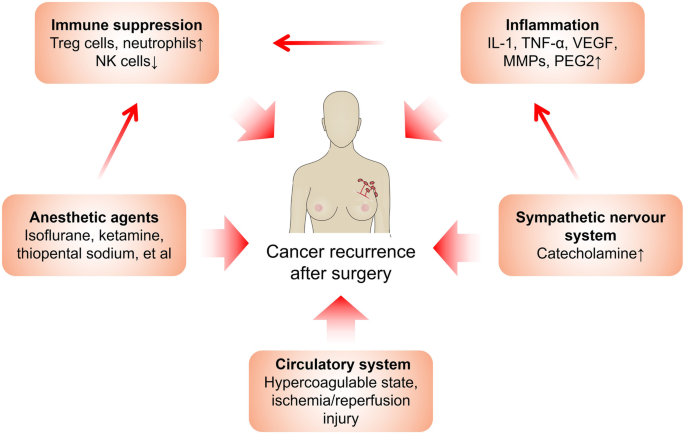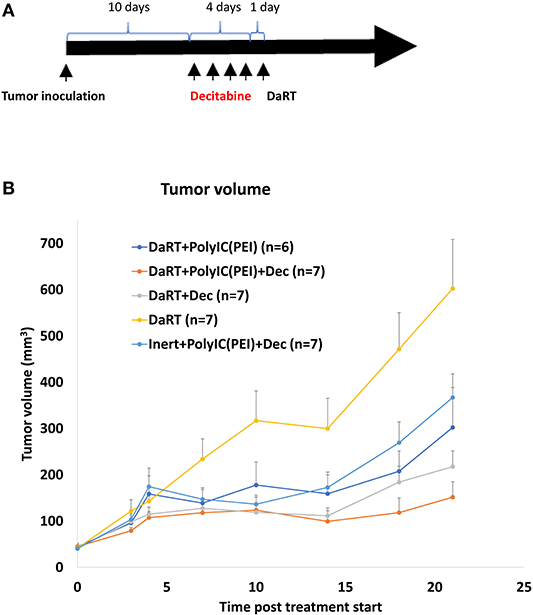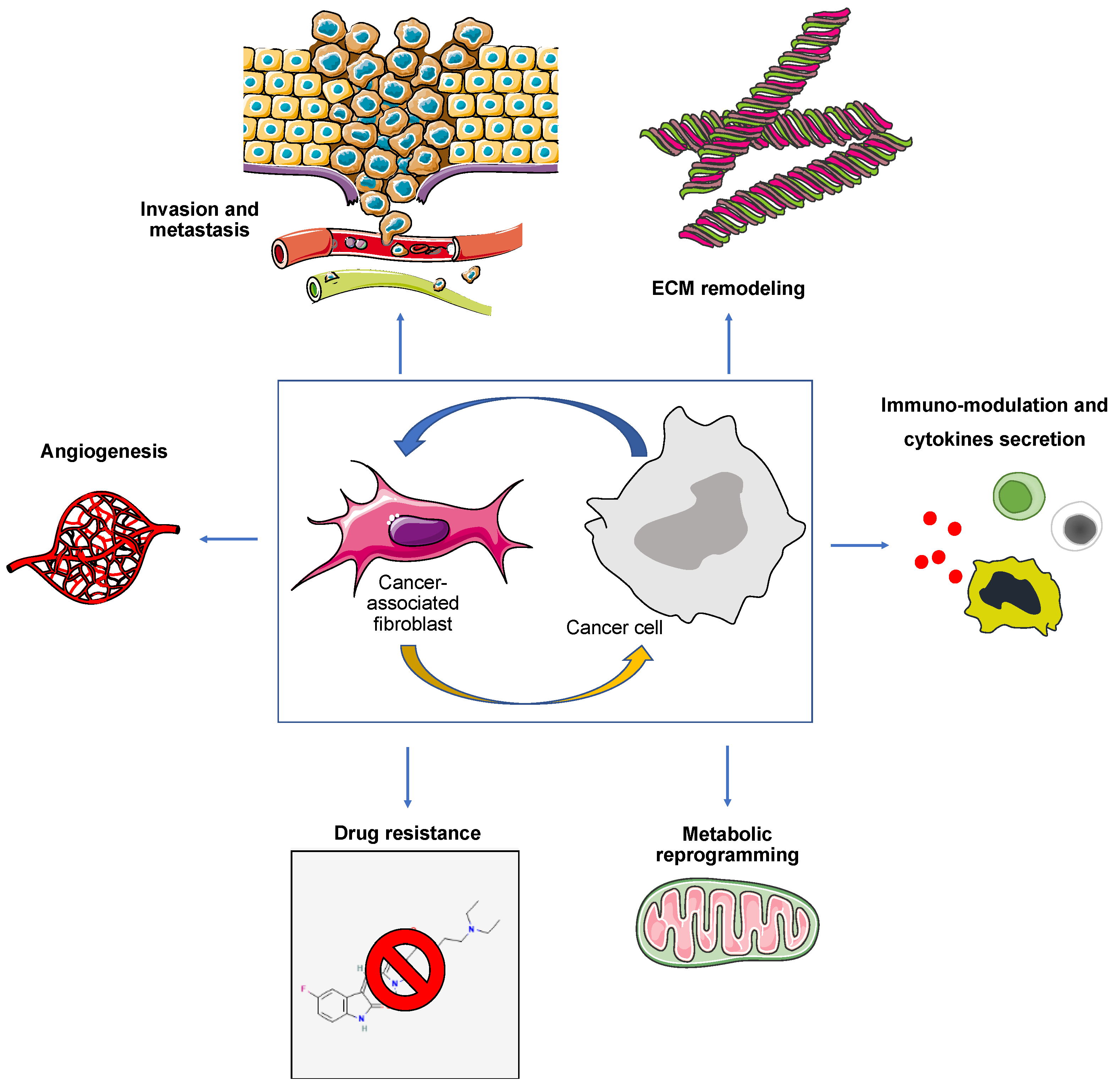Surgical stress and cancer progression: the twisted tango, Molecular Cancer
$ 17.00 · 4.6 (569) · In stock

Surgical resection is an important avenue for cancer treatment, which, in most cases, can effectively alleviate the patient symptoms. However, accumulating evidence has documented that surgical resection potentially enhances metastatic seeding of tumor cells. In this review, we revisit the literature on surgical stress, and outline the mechanisms by which surgical stress, including ischemia/reperfusion injury, activation of sympathetic nervous system, inflammation, systemically hypercoagulable state, immune suppression and effects of anesthetic agents, promotes tumor metastasis. We also propose preventive strategies or resolution of tumor metastasis caused by surgical stress.

Simultaneous inhibition of breast cancer and its liver and lung metastasis by blocking inflammatory feed-forward loops - ScienceDirect

New insights into the correlations between circulating tumor cells and target organ metastasis

Frontiers RIG-1-Like Receptor Activation Synergizes With Intratumoral Alpha Radiation to Induce Pancreatic Tumor Rejection, Triple-Negative Breast Metastases Clearance, and Antitumor Immune Memory in Mice

Vaccines, Free Full-Text

Effects of dexmedetomidine on A549 non-small cell lung cancer growth in a clinically relevant surgical xenograft model

New insights into the correlations between circulating tumor cells and target organ metastasis

Full article: Surgical Trauma-induced CCL2 Upregulation Mediates Lung Cancer Progression by Promoting Treg Recruitment in Mice and Patients

JCM, Free Full-Text

Surgical Treatment of de novo Metastatic Breast Cancer